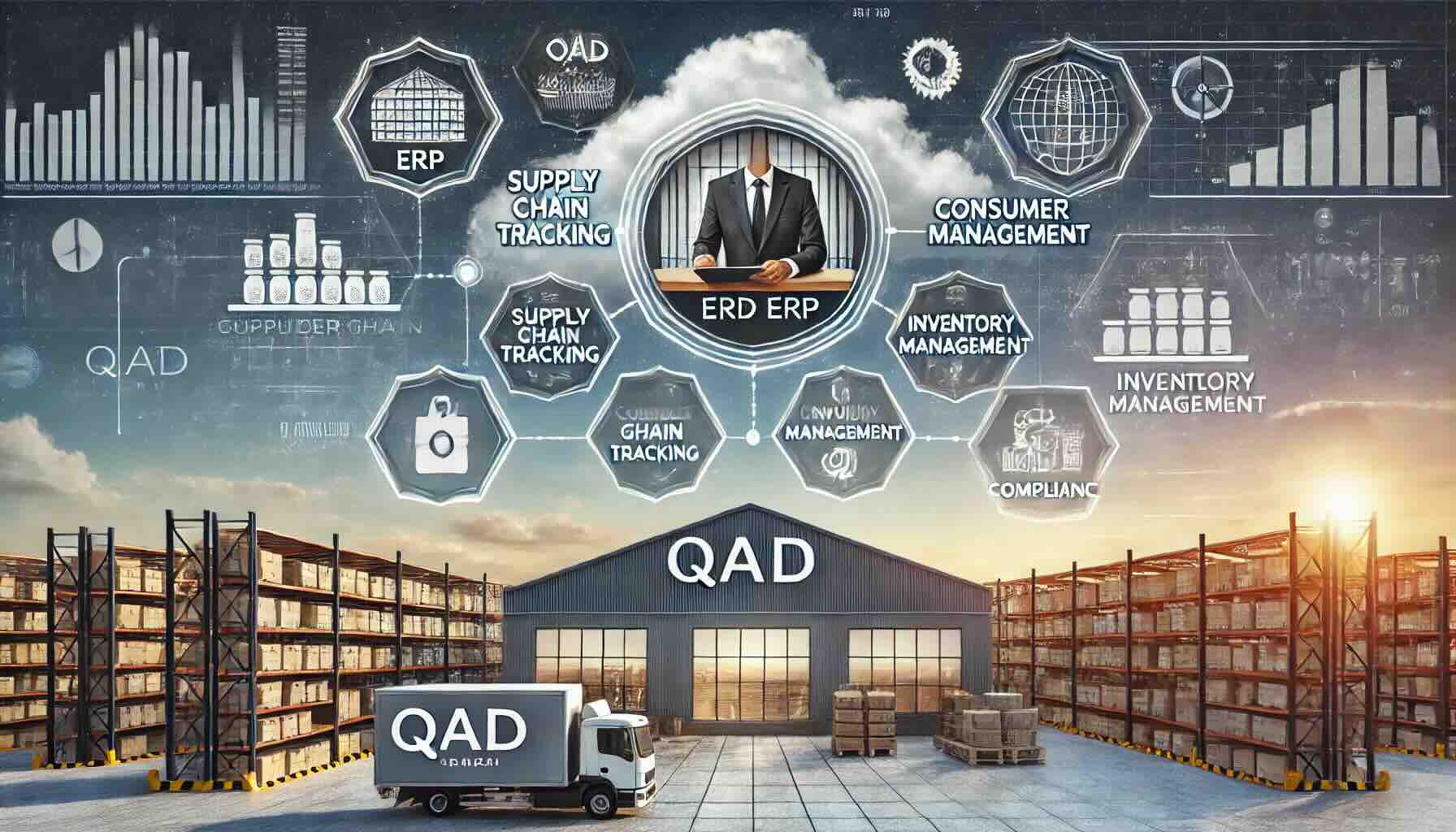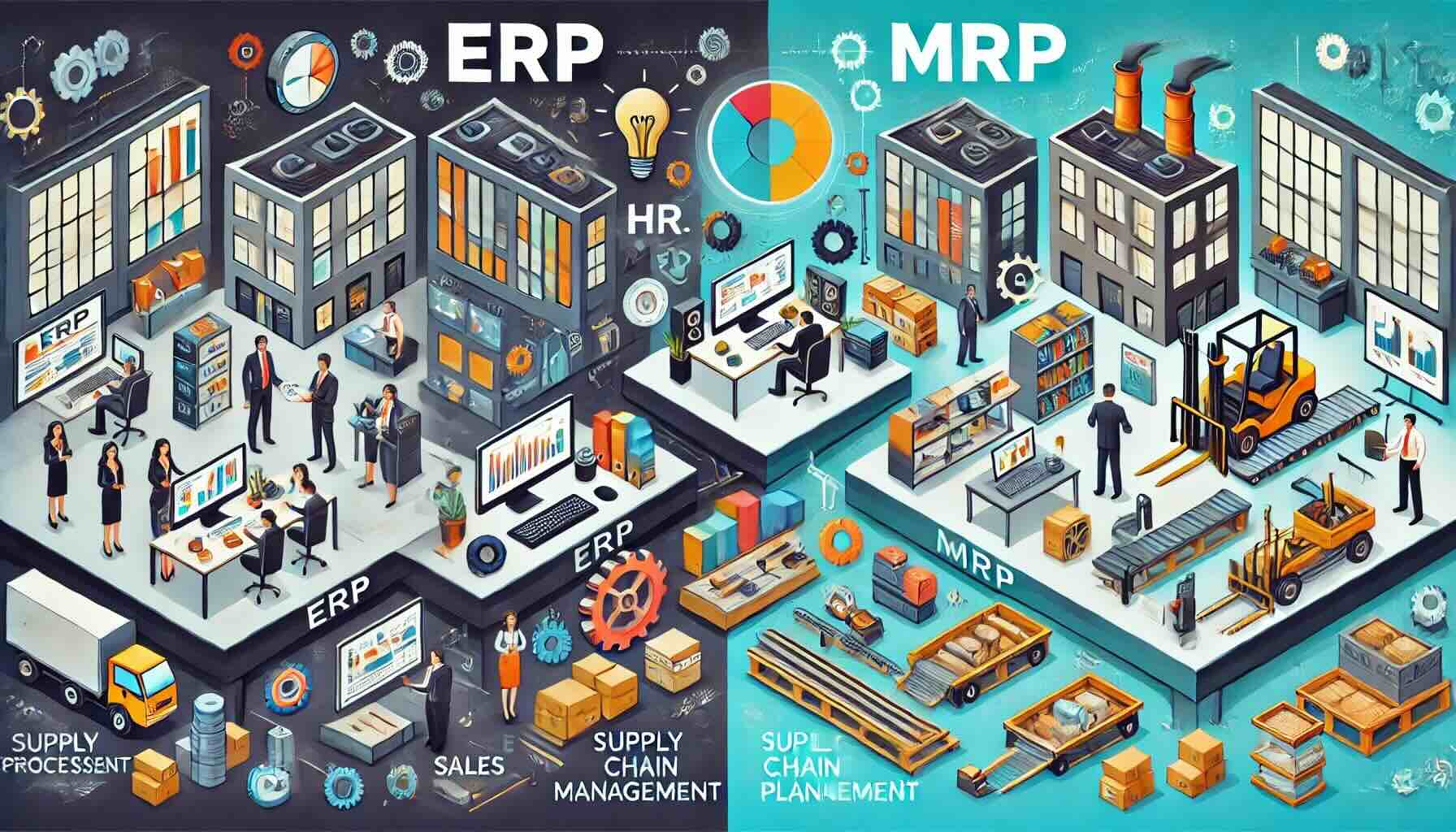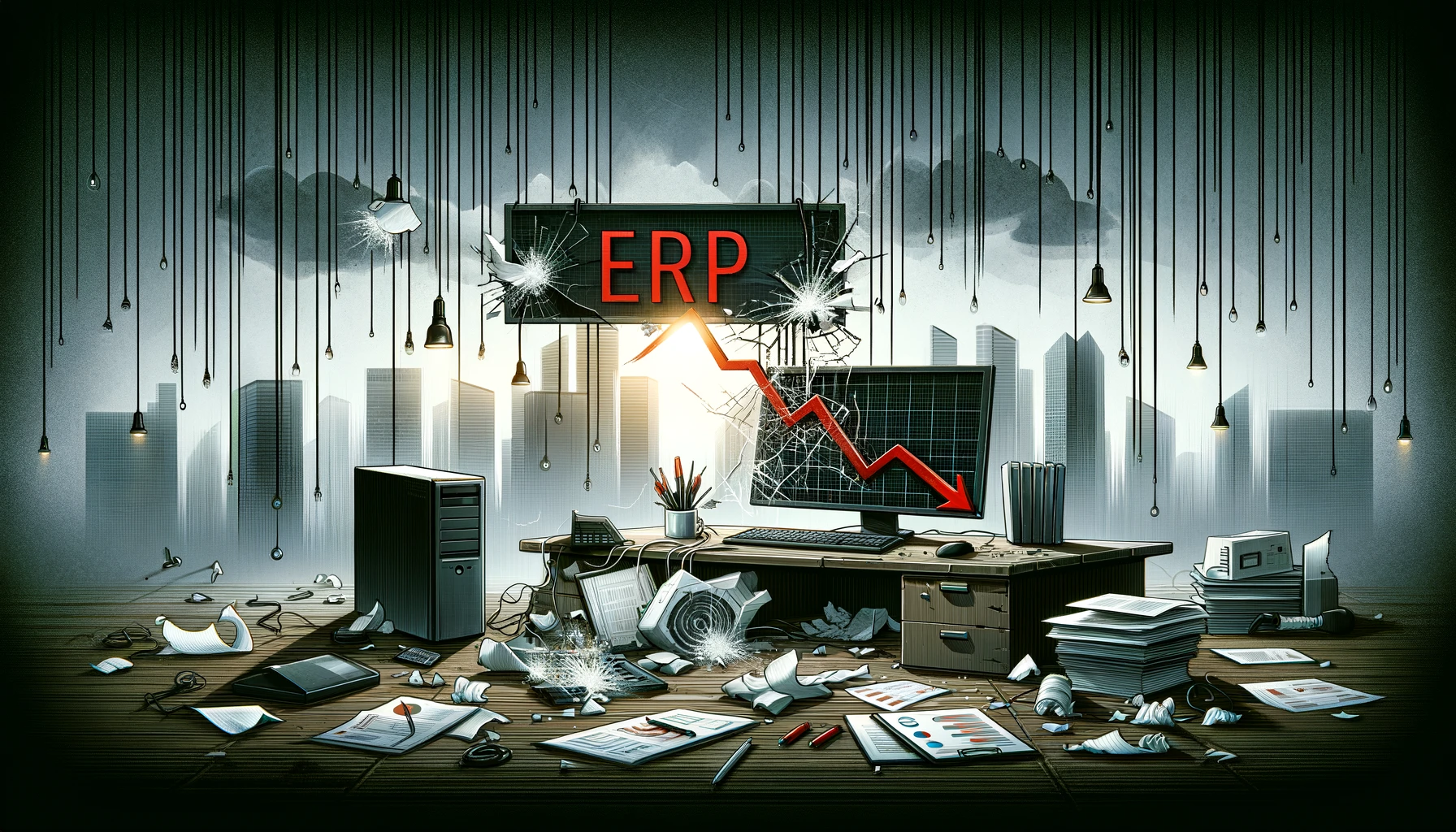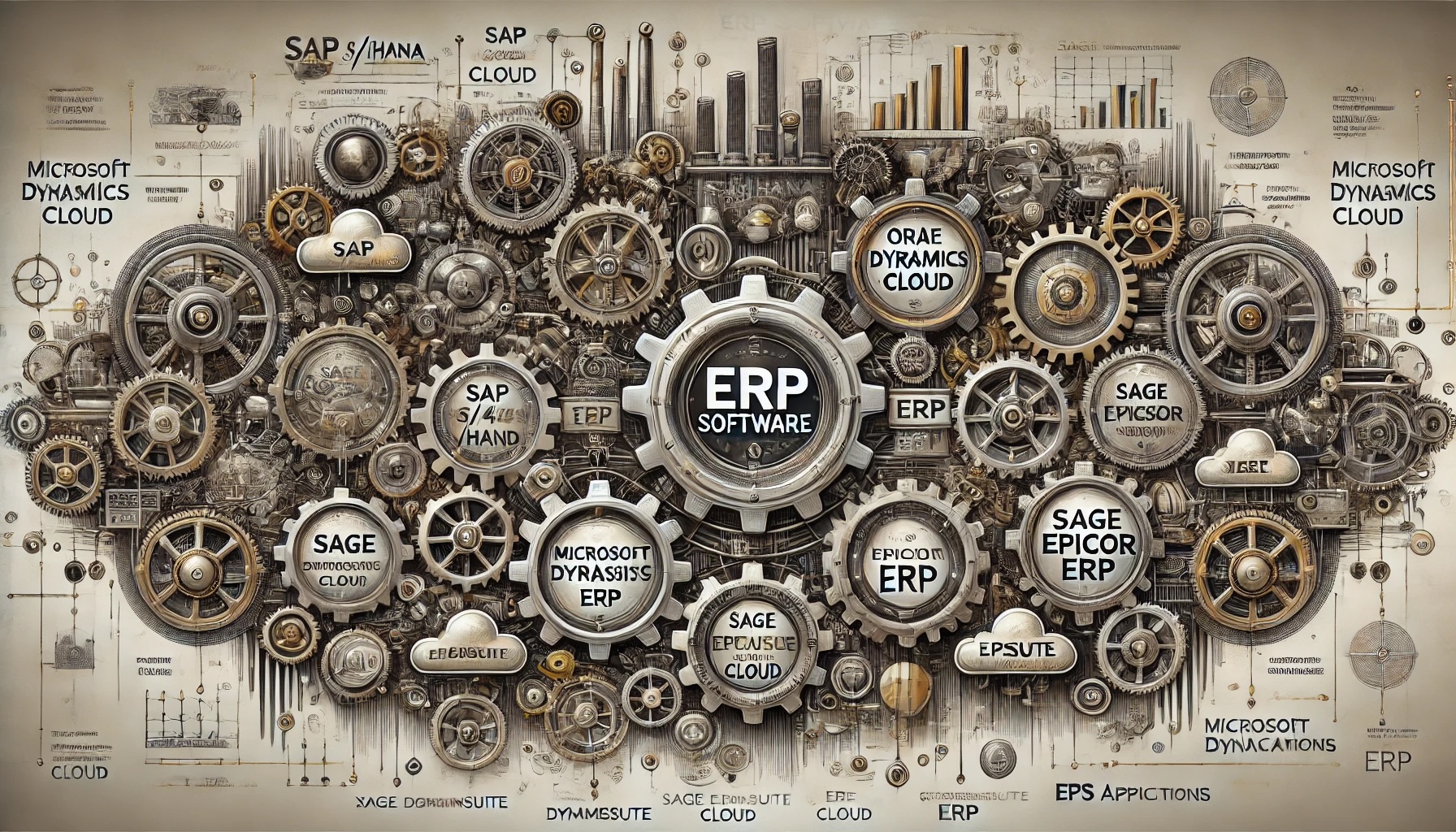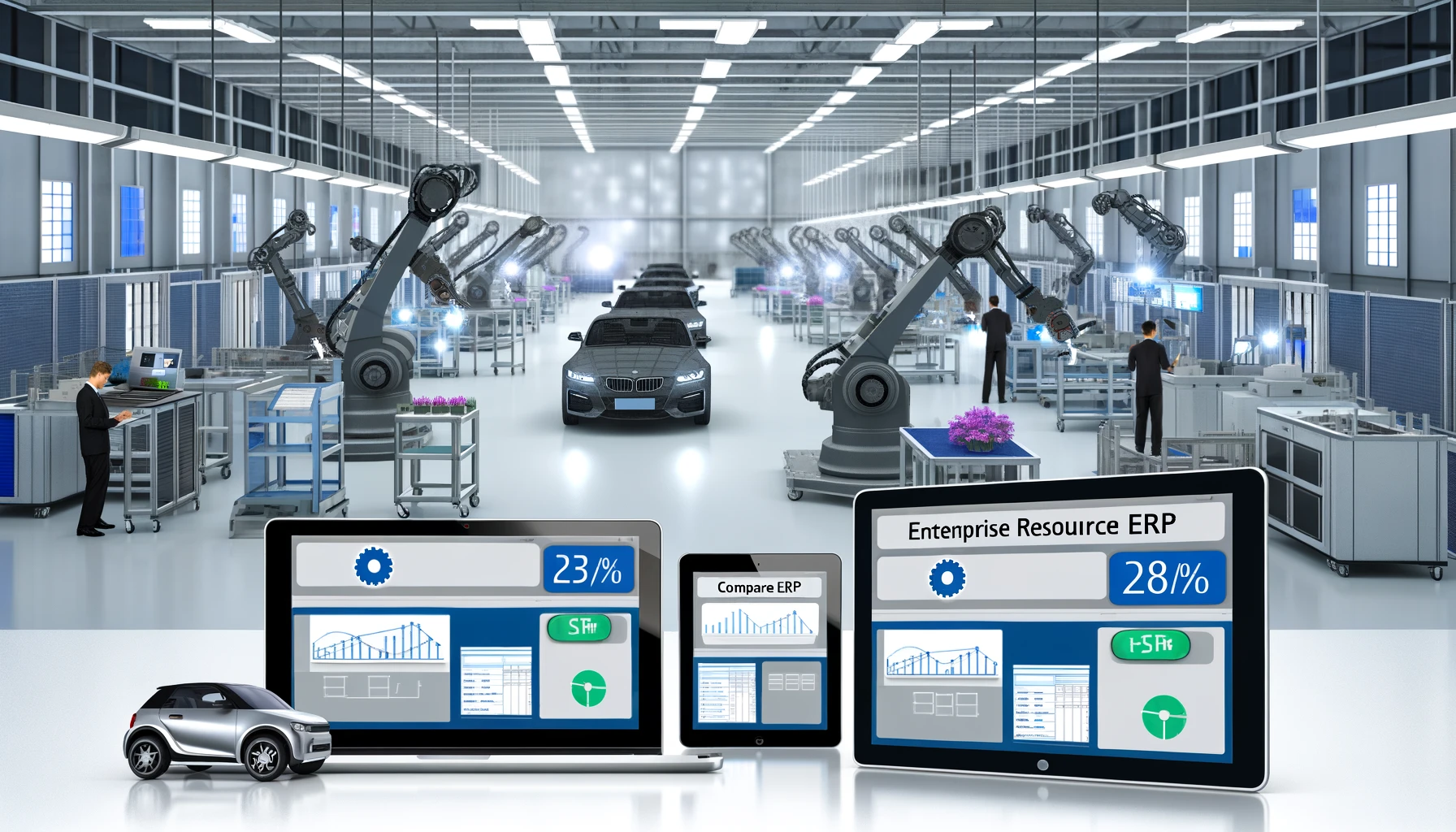Is Oracle Netsuite a Good ERP for Life sciences?

The life sciences industry, characterized by rigorous regulatory requirements, complex supply chains, and a constant need for innovation, demands robust and flexible enterprise resource planning (ERP) solutions. In recent years, Oracle Netsuite has emerged as a strong contender in this space. But is Oracle Netsuite truly a good ERP for life sciences? This blog delves into the features, strengths, and potential drawbacks of Oracle Netsuite ERP for life sciences, providing a comprehensive analysis to help industry professionals make an informed decision.
Oracle Netsuite ERP for life sciences offers a suite of cloud-based applications designed to streamline operations, ensure compliance, and enhance overall efficiency. Given the industry’s complexities—from managing clinical trials and regulatory compliance to handling intricate supply chains and ensuring product quality—choosing the right ERP is critical. This blog explores how Oracle Netsuite addresses these challenges and whether it stands up to the unique demands of life sciences companies.
Strengths of Oracle Netsuite ERP for Life Sciences
- Comprehensive Compliance Management: One of the standout features of Oracle Netsuite ERP for life sciences is its robust compliance management capabilities. The software is designed to help companies adhere to stringent regulatory requirements, such as the FDA’s 21 CFR Part 11, which is critical for maintaining electronic records and signatures. Netsuite provides tools for audit trails, validation, and automated reporting, which are essential for ensuring compliance and avoiding costly fines.
- Enhanced Supply Chain Visibility: Supply chain management is a cornerstone of the life sciences industry, where the timely delivery of raw materials and products can significantly impact operations. Oracle Netsuite excels in this area by offering real-time visibility into supply chain processes. This transparency allows companies to track inventory levels, manage procurement, and optimize logistics efficiently. The ability to respond quickly to supply chain disruptions can make a substantial difference in maintaining operational continuity.
- Scalability and Flexibility: Oracle Netsuite’s cloud-based nature ensures that it can scale with the growth of a life sciences company. Whether a company is a startup with a few employees or a large multinational corporation, Netsuite can adapt to its needs. The flexibility to add new modules and functionalities as the business grows ensures that companies are not constrained by their ERP system but rather supported by it.
- Integrated Quality Management: Quality management is paramount in life sciences, where product integrity can affect patient safety and brand reputation. Oracle Netsuite offers integrated quality management capabilities that allow for the tracking of quality metrics, non-conformance, and corrective actions. This integration ensures that quality is maintained throughout the product lifecycle, from development to distribution.
Potential Drawbacks of Oracle Netsuite ERP for Life Sciences
- Initial Implementation Complexity: Despite its many strengths, implementing Oracle Netsuite ERP for life sciences can be complex and time-consuming. The initial setup requires significant planning and resources, and companies may need to work closely with implementation partners to customize the system to their specific needs. This complexity can be a barrier for smaller companies with limited IT resources.
- Cost Considerations: While Oracle Netsuite offers a robust suite of features, the cost can be prohibitive for some life sciences companies, especially smaller firms or startups. The total cost of ownership, including licensing fees, implementation costs, and ongoing maintenance, can add up. Companies need to carefully evaluate their budget and ensure that the benefits of the system justify the investment.
- Customization and Integration Challenges: Although Oracle Netsuite is known for its flexibility, extensive customization can sometimes lead to integration challenges. Life sciences companies often use specialized software for functions such as laboratory information management systems (LIMS) or clinical trial management systems (CTMS). Ensuring seamless integration between these systems and Netsuite can be challenging and may require additional development work.
Conclusion
Oracle Netsuite ERP for life sciences presents a compelling solution for companies looking to enhance compliance, streamline supply chain operations, and maintain high-quality standards. Its comprehensive suite of features, scalability, and cloud-based architecture make it a strong contender in the life sciences ERP market.
However, companies must weigh these benefits against potential drawbacks such as implementation complexity, cost, and integration challenges. For larger life sciences firms with the necessary resources, Netsuite’s advantages can significantly outweigh these challenges, providing a powerful tool to support growth and innovation. Smaller companies or startups may need to carefully consider their specific needs and resources before making a decision.
In summary, Oracle Netsuite ERP for life sciences offers a robust and flexible solution that can meet the industry’s stringent requirements, provided that companies are prepared to invest in the necessary implementation and customization efforts.
Click this link to find out more about Oracle Netsuite for life sciences.
To compare Oracle Netsuite with 100s of other ERP solutions, you can use our new AI-powered Compare ERP tool. It’s free to use and you get a guaranteed discount on your first year’s licence fees with a referral from Compare ERP.

